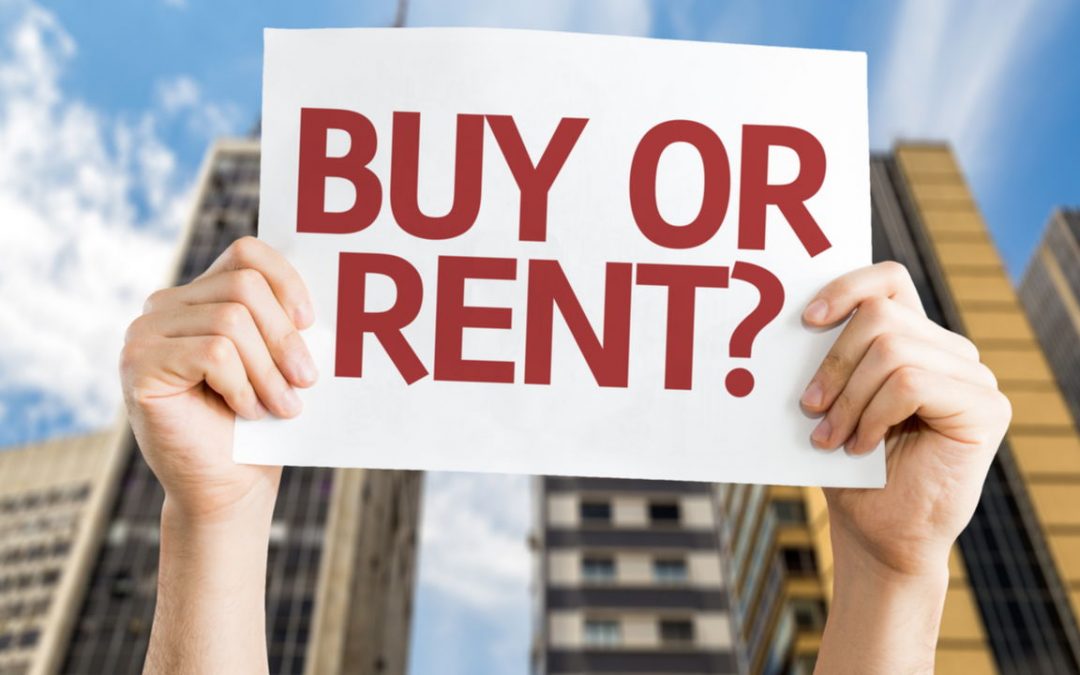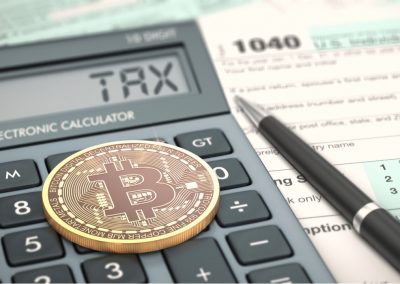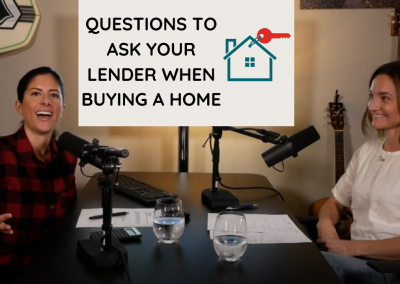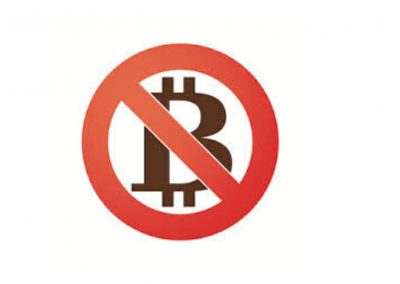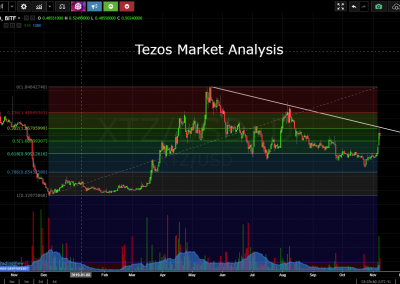Moving into a home can be an exciting time in anyone’s life. It suggests an upgrade of lifestyle from the cramped, yard-less, rule-specific world of apartment dwelling to a dwelling of freedom.
Moving up in the property world doesn’t necessarily mean a 30-year mortgage, however. Plenty of people like to get their feet wet by renting a home before they buy. They make this choice for many reasons – all of them good ones if it’s what fits your lifestyle and current financial situation the best.
Both renting and buying a home come with their own positive and negatives from many different circumstances. In this blog, we’ll delve deeper into the pros and cons of renting versus buying a home.
Positives of Buying a Home
The thrill of signing those papers never goes away, even if it is technically the bank who owns your home until you’ve paid off the mortgage. Still, once you’ve crossed your Ts and dotted your Is, there’s nothing to keep you from putting in the above-ground pool, getting the grill going, and inviting the gang over for a Super Bowl party for the ages.
But buying a home is about more than throwing sweet parties. Let’s tackle the financial benefits first.
- Building equity: As you pay down your loan’s principal, you gain more and more equity – meaning actual ownership – in the house. Once you’ve paid for 20% of the principal, you can refinance the mortgage to a cheaper interest rate or take out a loan for other purchases.
- Homestead Exemption: Depending on what state you live in, you can often get an exemption on a portion of the property tax as a reward for buying a house. For instance, in Texas you can get a $25,000 exemption. So if you buy a house for $150,000, you are only charged for taxes on $125,000.
- Federal Tax Deductions: When you become a homeowner, your ability to find tax write-offs goes through the roof. You can deduct your property taxes and the interest paid on your mortgage very April 15.
- Make passive income by renting some or all of your home: Yes, you can become a landlord in your own home by renting out a room or two, or even the whole house if you’re going to be living somewhere else. You’ll still have to pay property taxes and mortgage payments, but you can pass those costs onto your renters and either be paying no mortgage or even make a small profit every month.
There are plenty of intrinsic benefits for owning your home as well including:
- Make a house a home: Don’t like the kitchen? Redo it. Hate the backyard? Turn it into the suburban paradise you’ve always wanted. Most apartments don’t even want you painting the place, let alone building shelves and knocking down walls. Your own home can be customized to your specific tastes.
- Community living: A sense of community is hard to quantify in terms of price, but its value is immeasurable. Living in a neighborhood that contains amenities like pools, schools, playgrounds, libraries and community centers can open up your life to meeting new people and gaining new experiences. It gives you a sense of “we” that will expand your horizons well beyond your front door.
Negatives of Buying a Home
Buying a home isn’t always the financial windfall we’d like to think. The subprime mortgage industry collapse that began in 2007 saw the average price of a home drop 6.1% while foreclosures jumped by 75% year on year. Here are some potential cons to buying your own home.
- Loss of value: Not all property values go up over time. Plenty hover near their original sales prices and others drop precipitously, due to poor economic conditions, bad construction, or a lousy surrounding neighborhood. The point is, you might be pouring money into a home that is no longer worth nearly that much.
- Maintenance and repairs: When the dishwasher starts sending suds all over the kitchen of your apartment, you make a phone call and wait for the handyman to stop by. No fuss, no muss. The same process repeats itself in a home you own, except the handyman’s hands you a big bill to pay. Experts expect you to pay 1% of your home’s value annually to repairs and expenses. So if you bought the place for $200,000, that’s $2,000 a year.
- Upfront costs are high: You’ll typically need a down payment to get your home loan process going, and the bigger it is, the better off you’ll be. But you’ll also fork over money for homeowners association (HOA) dues, closing costs, and a litany of other charges that come your way as you’re wading through a mass of paperwork.
Positives of Renting a Home
Renting might seem like less of a commitment than owning, but there are definitely benefits to living on someone else’s property. The rewards can be both financial and personal. They include:
- Seeing what you like: Renting a house can be a great way to pin down the particulars for when you actually do buy a property. Do you want one story or two? Do you want the master bedroom upstairs or downstairs? How about a pool or an outdoor kitchen? Now is your chance to find out what suits you best without making a long-term commitment.
- No spending money on repairs or maintenance: It’s a very freeing thought that if a toilet backs up, a tornado tears off the roof or the fence falls over, you’re not going to owe anyone a dime to get it fixed. The owner of the property is responsible for the repair of any faulty appliances or act-of-God accidents. You can use that money to start saving up on your nest egg to buy your own house in the meantime.
- Easier to qualify than buying: Any sensible landlord is going to do a credit check on you before handing you the keys to a rental property, but most times they are only looking for big problems. If your credit history is clean, the actual score won’t matter much to the landlord.
- Far easier to relocate: Let’s say you’re renting a home and your dream job comes available. The only problem is that it’s 500 miles away. If you’re renting, you can give the new company a firm date on when you can be there, or even negotiate with your landlord to get out of your rent a month or two early to accelerate the process. If you own a home, that’s not the case. You need to sell it or rent it out before you can afford to move to a new locale; and either of those decisions will take a long time to finish.
Negatives of Renting a Home
While renters might appear to have it made in the list above, they are only as secure as their landlords allow them to be. Consider:
- No power over rising rent costs. Once your current lease is due, your landlord can raise the property’s rent as much as they like, usually to keep up with higher rents on comparable properties in the area. If you can’t afford the increase in rent, you’re out of the lease and the house.
- No tax benefits. You live in a house, you pay the house-sized electric bill, the house-sized lawn care, etc., but you don’t get any tax benefits. These all go to the owner, who doesn’t live there, but who does pay the mortgage (usually through your rent payments).
- No DIY opportunities: It’s likely in your lease, but to clarify, the landlord isn’t interested in you building a loft or installing French doors. You’re welcome to hang artwork, rearrange your furniture, etc., but the house is what the house is for the duration of your stay.
- No equity: Every dollar of rent you spend goes straight into the landlord’s pocket. You aren’t building your equity in the house by paying the rent. Even if you stay in a rented house for 50 years, it’s no closer to being yours than it was the day you moved in. This is the main reason people buy instead or rent.
